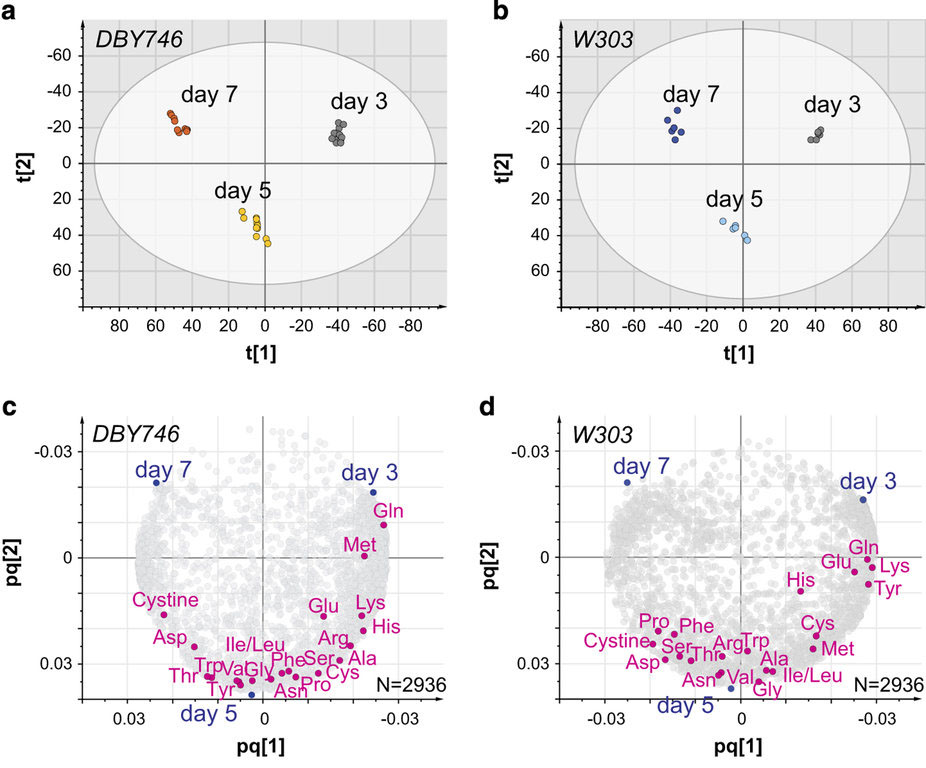加齢に伴う重同位体含有率低下の逆転で促進される酵母の長寿
Yeast longevity promoted by reversing aging-associated decline in heavy isotope content
2016年2月18日 npj Aging 2, Article number:16004 (2016) doi:10.1038/npjamd.2016.4
酵母の長寿:重同位体で長生きに

米国の研究チームによれば、酵母細胞の寿命は、多く存在する元素の重同位体を与えることによって延長させることができるという。水素の一種で中性子を1個含む重水素のような重同位体は自然環境中に少量存在するが、それが生体に与える影響は不明である。スタンフォード大学のMichael SnyderとXiyan Liは、酵母細胞中のアミノ酸の重同位体含有率が加齢に伴って低下する傾向があることを初めて明らかにした。さらに、「重水(水素ではなく重水素を含む)」の投入量を増加させて酵母細胞を培養すると、驚くべきことに、酵母の寿命が最高85%延長することが発見された。研究チームは重同位体について、分子結合の強化によって生化学反応に影響を与え、活性酸素種を抑制するとともに、それによって代謝を減速させて寿命を延長させるのではないかと考えている。
Yeast longevity: Living longer with heavy isotopes
Dysregulation of metabolism develops with organismal aging. Both genetic and environmental manipulations promote longevity by effectively diverting various metabolic processes against aging. How these processes converge on the metabolome is not clear. Here we report that the heavy isotopic forms of common elements, a universal feature of metabolites, decline in yeast cells undergoing chronological aging. Supplementation of deuterium, a heavy hydrogen isotope, through heavy water (D2O) uptake extends yeast chronological lifespan (CLS) by up to 85% with minimal effects on growth. The CLS extension by D2O bypasses several known genetic regulators, but is abrogated by calorie restriction and mitochondrial deficiency. Heavy water substantially suppresses endogenous generation of reactive oxygen species (ROS) and slows the pace of metabolic consumption and disposal. Protection from aging by heavy isotopes might result from kinetic modulation of biochemical reactions. Altogether, our findings reveal a novel perspective of aging and new means for promoting longevity.

